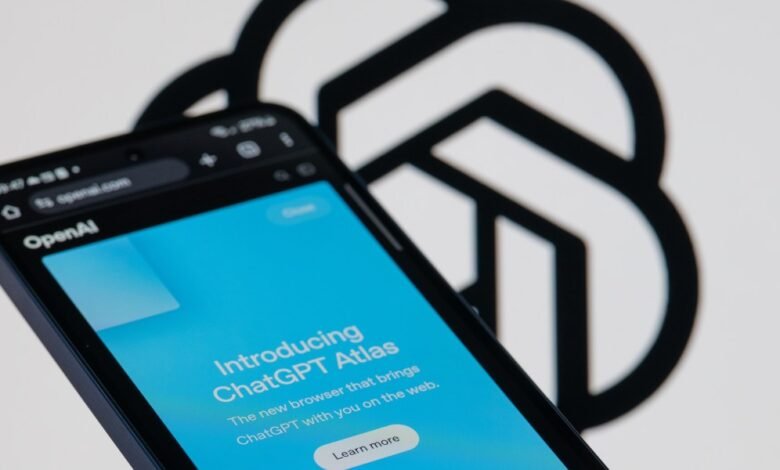I Tested OpenAI’s Atlas Browser and I’m Still Confused

▼ Summary
– The author tested an AI browser agent that automatically filled their shopping cart but didn’t complete purchases, taking about 10 minutes for this activity.
– When asked to create a Facebook status, the AI generated an overly long and unappealing post by scanning browser history, which the author chose not to publish.
– The built-in ChatGPT feature in the browser performed poorly, providing irrelevant summaries by referencing previous pages instead of current content.
– OpenAI is aggressively marketing Atlas browser through ChatGPT, but the author doubts it will convince users to switch from established browsers like Chrome or Safari.
– The author concludes Atlas browser primarily serves OpenAI’s data collection interests rather than providing clear benefits to end users browsing the web.
Exploring OpenAI’s Atlas browser reveals a tool that feels more like a data collection platform for the company than a genuinely useful product for everyday users. During my hands-on experience, I found its performance underwhelming and its purpose unclear. One feature, an automated shopping assistant, took roughly ten minutes to analyze items in my cart. Fortunately, it didn’t proceed with any purchases, but the lengthy process left me more relieved than impressed.
Venturing onto Facebook, a platform already saturated with automated content, I instructed Atlas to craft a status update for me. It scanned my browser history and generated an excessively long post. While I’ll spare you the full details, it included mentions of visiting Smartsheet and TeamSnap, browsing Shopify and Amazon, and keeping up with news outlets like NYTimes and Technology Review. The suggested caption, “Who says an editor’s life isn’t glamorous? 😊” felt awkward and overly personal. Needless to say, I decided not to publish it. Other attempts yielded similarly uninspiring results.
Another advertised feature is the integration of ChatGPT directly within the browser. Describing it as “unique” feels accurate, but “useful” would be a stretch. I found little practical advantage to having it built-in compared to simply visiting the ChatGPT website. In several instances, the embedded version performed worse. For example, when I asked it to summarize a MIT Technology Review article I was actively reading, it instead referenced a completely different page from earlier in my session, providing irrelevant and unhelpful information.
OpenAI is currently promoting Atlas quite heavily, especially to users visiting the main ChatGPT site, encouraging them to download it. This aggressive marketing will likely lead to a significant number of installations. However, without offering compelling reasons for users to abandon established browsers like Chrome or Safari, this launch feels like a weak opening move in the competitive browser market.
The fundamental question remains: why does Atlas exist? It’s difficult to pinpoint its target audience. The most logical conclusion I’ve reached is that Atlas is designed primarily for OpenAI’s benefit. The real user, the entity ultimately served by this browser, isn’t the individual surfing the web. It’s the company gathering extensive data on that individual’s browsing habits and patterns.
(Source: Technology Review)



